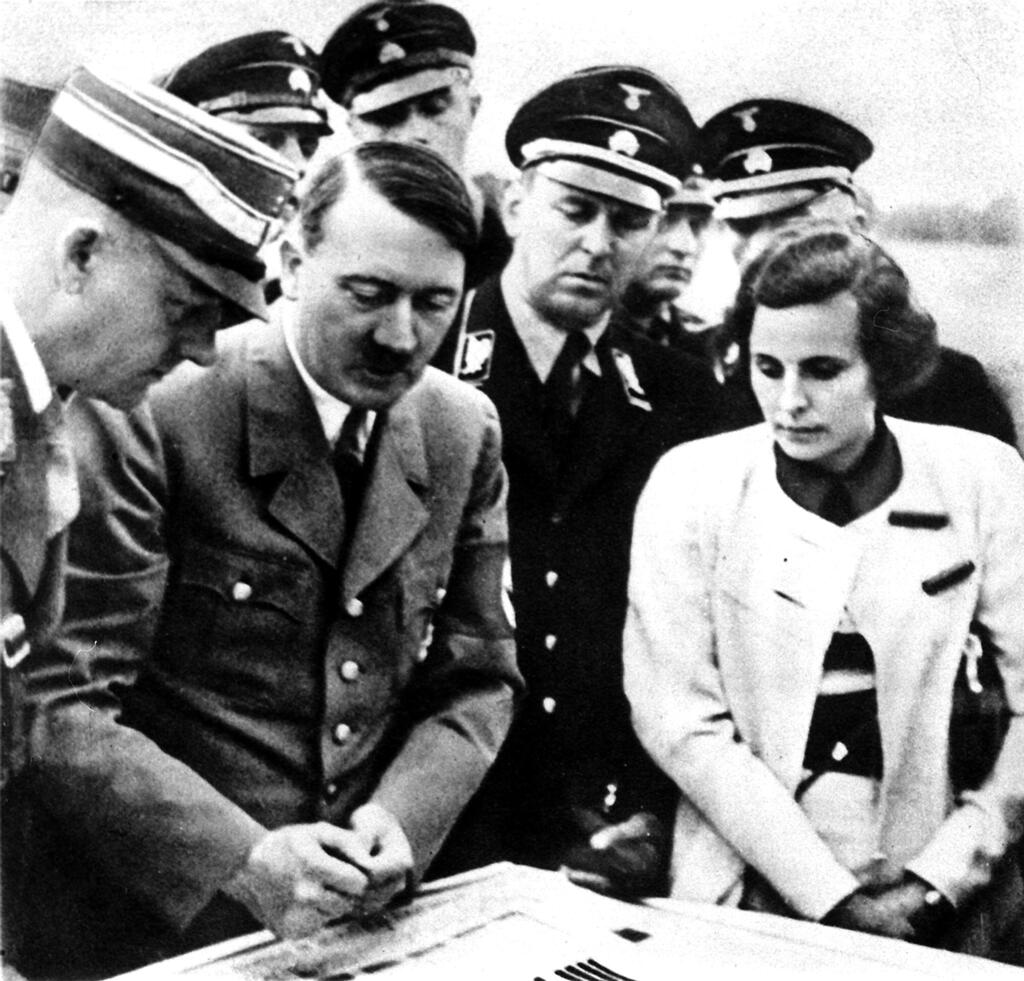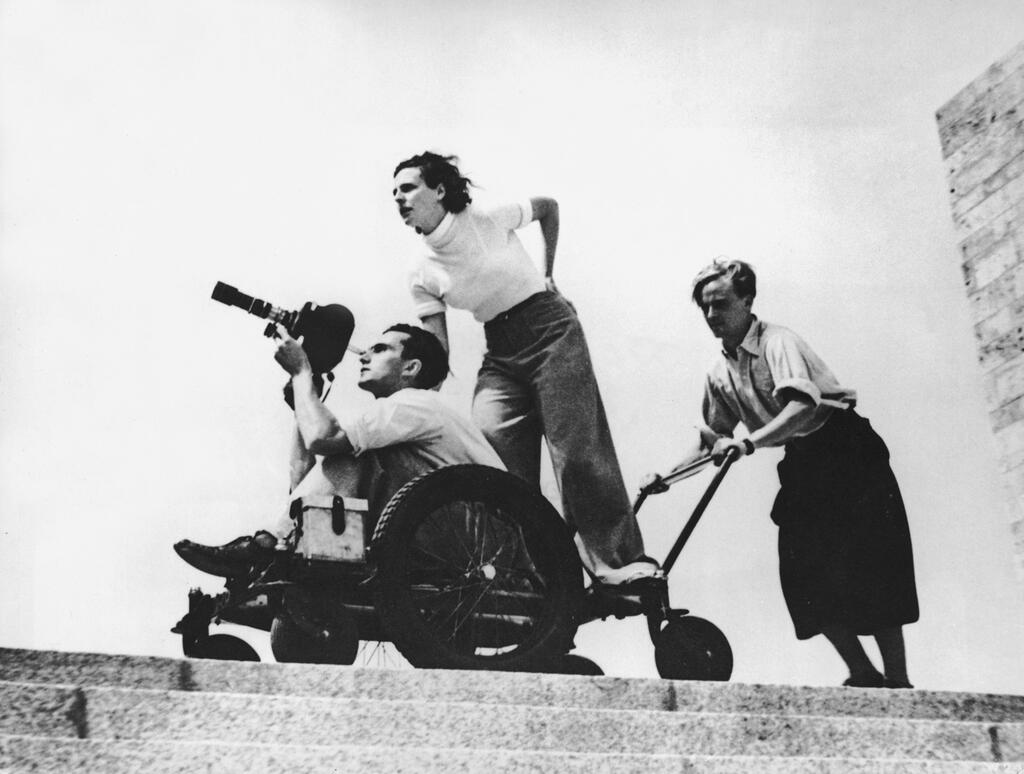Getting your Trinity Audio player ready...
Until her death in 2003 at the age of 101, Leni Riefenstahl, the cinematic architect of Hitler and the Nazi regime, staunchly maintained that she was oblivious to the Nazis' mass murders and certainly never witnessed them. However, a new documentary titled "Riefenstahl," directed by German filmmaker Andres Veiel and premiering at the Venice Film Festival later this month, unveils a starkly different reality.
It reveals that not only was Riefenstahl aware of the atrocities but that she even ordered one herself. This film dismantles the long-held assertions of the woman dubbed "the devil's director" and "the diva of evil," who claimed she wasn’t devoted to the Nazi cause. Instead, it portrays her as an ardent admirer of Hitler and his racial-supremacy ideology.
Veiel, who also wrote the screenplay, is the first director granted complete access to Riefenstahl’s estate. He highlights a chilling incident from 1939, when Riefenstahl accompanied the Führer as a war correspondent to Poland at the war's outset, specifically to the town of Końskie.
The damning evidence was uncovered in a letter penned by a junior officer in 1952 to Karl "Peter" Jakob, Riefenstahl's husband and a major in the Nazi stormtroopers. According to this letter, before Riefenstahl filmed a scene in the town’s market square, she demanded that the area be "cleansed of Jews." Another soldier shouted the command, "remove the Jews," and upon hearing this, the Jews in the square fled for their lives as gunfire erupted around them.
“If this is true,” director Veiel commented, “then her directives on set were complicit in the massacre of Jews in Końskie. She likely felt such profound guilt that she decided to deny witnessing it altogether.”
The film interweaves home video footage shot by Horst Kettner, Riefenstahl’s life partner, at their lakeside villa south of Munich, with phone conversations in which German citizens called to offer her support amid rising accusations. In one conversation, a man assured Riefenstahl that "one day, the integrity, morality, and fairness of the Nazi era will return to Germany.” To this, Riefenstahl replied, “Yes, that is probably the fate of the Germans.”
Post-war, Riefenstahl consistently portrayed herself as ignorant of the atrocities, presenting herself as a victim who never managed to heal the wounds of that era.
New revelations from her estate show that Riefenstahl meticulously cataloged all the letters she received, including those that praised the Nazis and denied the Holocaust. In letters she wrote, Riefenstahl expressed regret over the downfall of the Nazi regime.
In phone conversations with Albert Speer, an architect and prominent figure in the Nazi regime, they exchanged advice on home renovations and discussed the fees they received for interviews and lectures. “Everywhere I go, they accuse me of atrocities and concentration camps,” she lamented in a call to Speer.
The film's production team noted that on one of the 700 boxes containing Riefenstahl’s estate was a message scrawled in black marker: "Vote for the NPD" – a contemporary neo-Nazi party.



